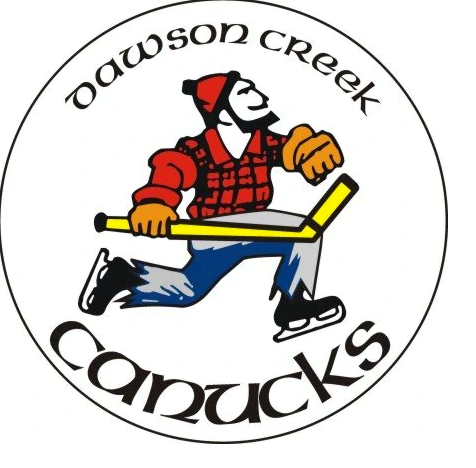Did you know the iconic “Johnny Canuck” character of the Â鶹´«Ã½Ó³»Canucks and their AHL team comes from right here in Dawson Creek?
True story, say a pair of longtime historians with the Dawson Creek Senior Canucks.
Team alumnist Ted Schilds, who has been involved with the organization since 1953, thinks the Dawson Creek incarnation arrived in the mid 1950s.
“It certainly goes back a ways – then the Â鶹´«Ã½Ó³»team got in touch later.”
Day Roberts, lifelong Senior Canucks supporter, and former Sports Editor of the Peace River Block News agrees.
“We had a trainer and equipment manager named John Girard – he was a French Canadian and such a real life character and we wanted something that emblemized him,” says Roberts.
Last year the Â鶹´«Ã½Ó³»Canucks announced their American Hockey League affiliate in Abbotsford BC, would be known as the Abbotsford Canucks.
The name of Johnny Canuck is a Canadian folk hero, invented by newspaper cartoonists around the turn of the 20th Century and used to represent Canada or Canadians in general in a similar fashion as Uncle Sam is in the United States.
Johnny Canuck is also the name of a Canadian comic-book hero introduced in 1941, a secret agent who protected Canadians from the Nazi menace.
Commonly shown today as a lumberjack, the Canadian Encyclopedia notes Canuck was originally shown in any number of fields of work including as a farmer or serving in the military.
The lumberjack image was chosen as the inspiration for the Â鶹´«Ã½Ó³»Canucks name when the team started up in the original Western Hockey League in the 1940s and carried over into the NHL when Â鶹´«Ã½Ó³»was granted an expansion franchise for the 1970-71 season.
Johnny was used on the front of WHL Canucks sweaters in the early 1960s and was eventually reincarnated as part of a new logo launch by the NHL Canucks nearly 50 years later in 2007.



